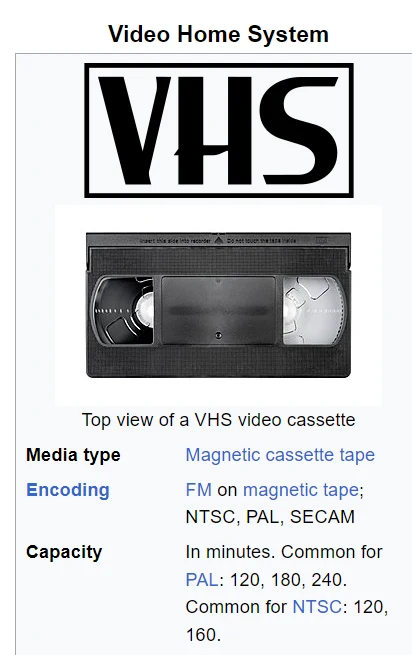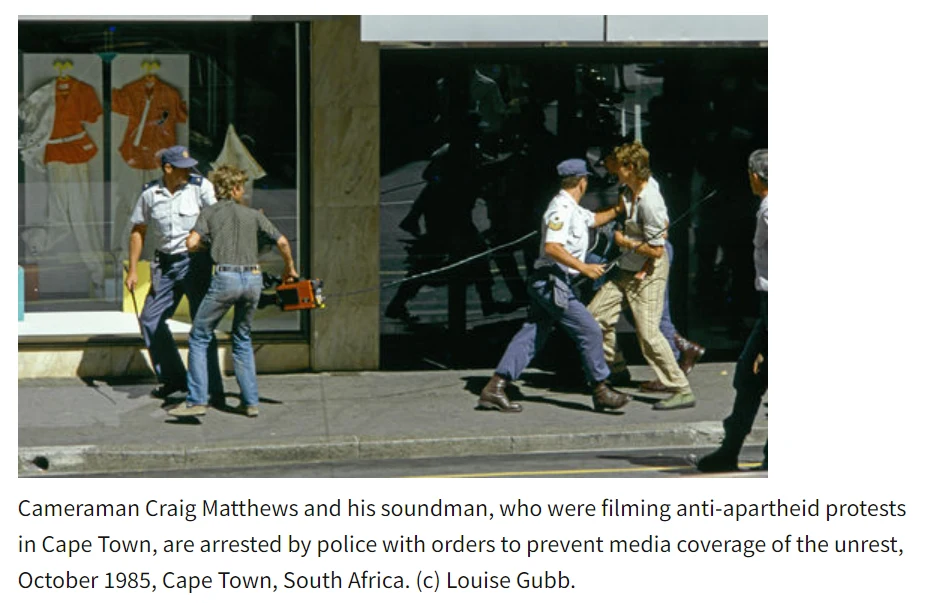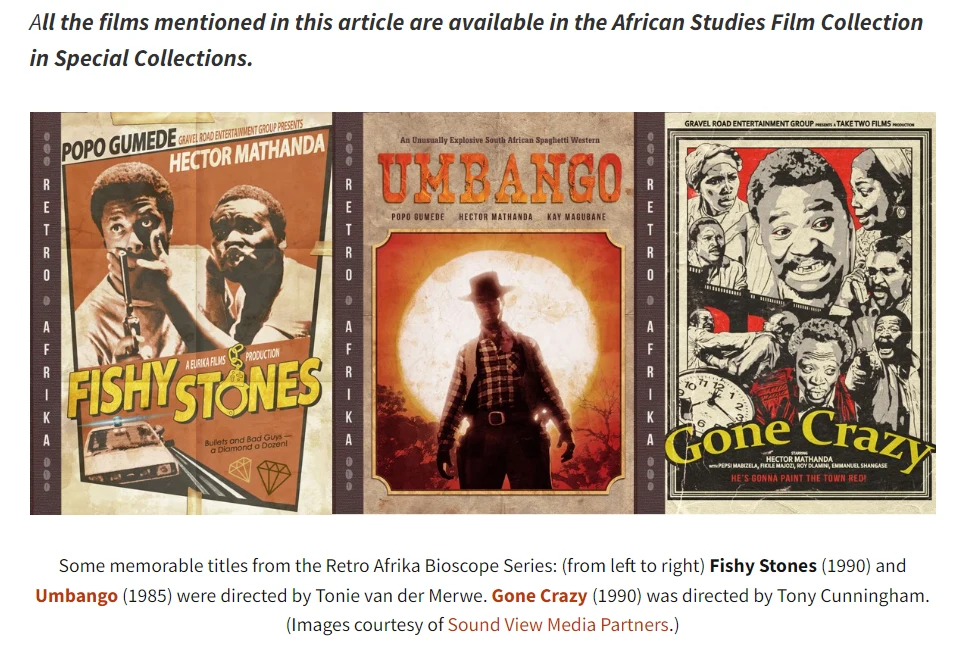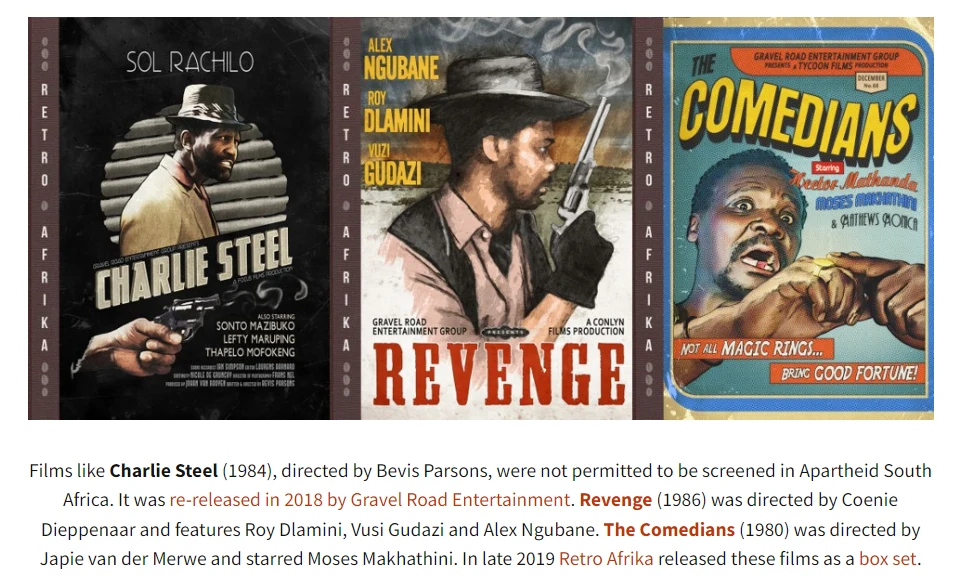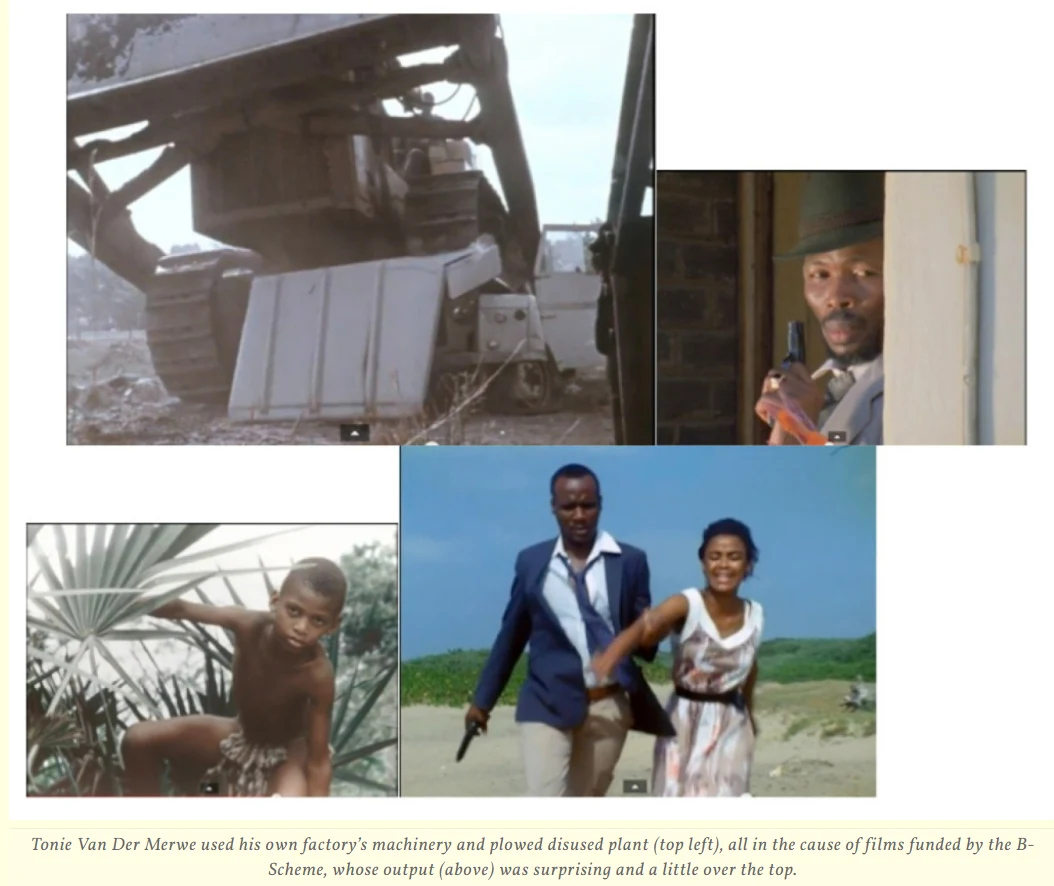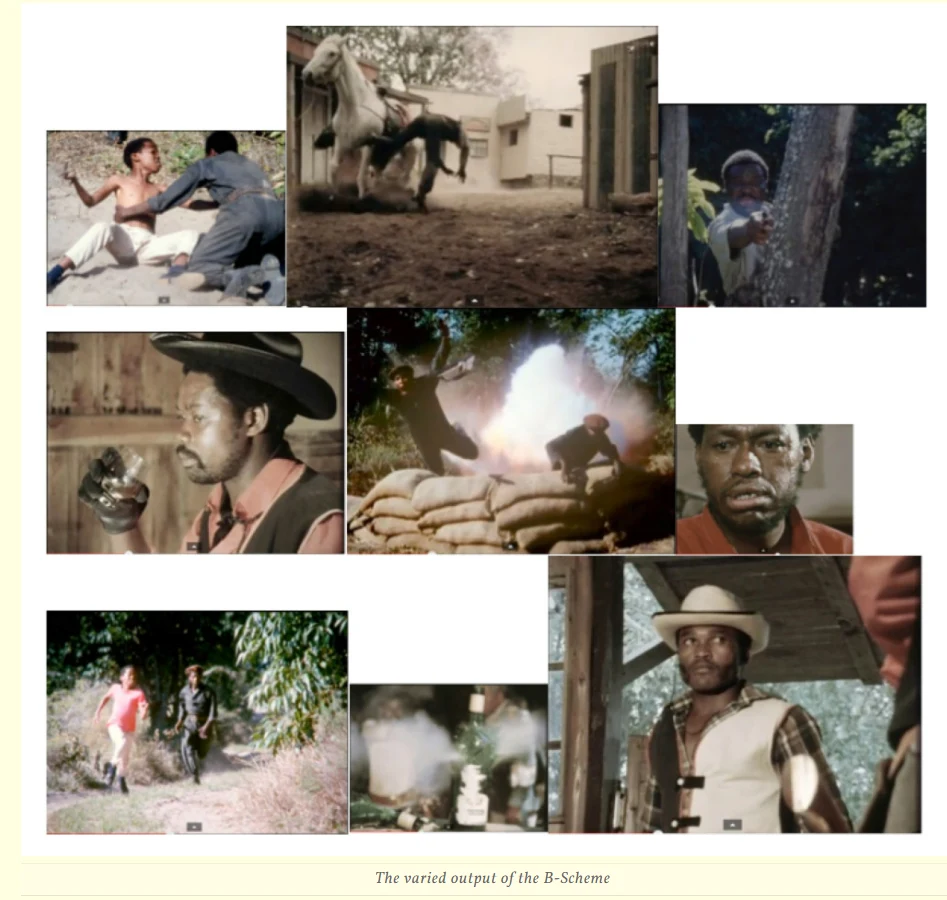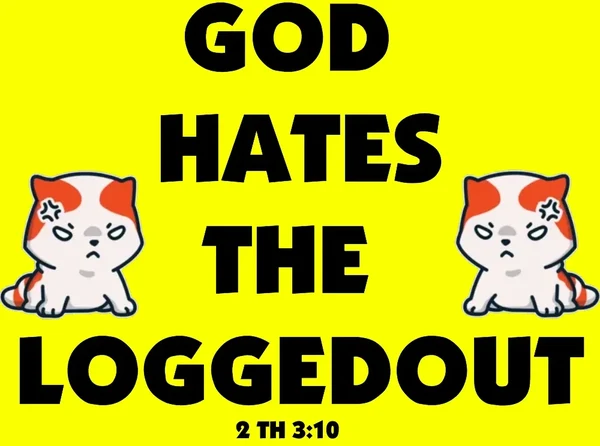- J : Nope
- JimieWhales : they're like pringles: once you pop, you can't stop
- 77
- 85
Triple Murder Parents
Nobody can truly tell us what the meaning of life is, but we see people around us pursue it daily. For some, it is found in the hunt for religion and spirituality - something that means more than the suffering we face. Others proclaim that pleasures are the purpose of existence, and they follow a life of hedonism.
If you want to look at things biologically, our purpose is to reproduce. That is what life has done for millions of years, and reproduction is evidence of your ability to adapt to the current environment.
This seems to be the answer that resonates with most people. This is perhaps the reason why we are so disgusted by the idea of a parent taking the life of a child. Not only it is heinous, but it is also seemingly deeply self-destructive.
Killing your own child is about the most evil crime one can conceive of. Killing two is unthinkable. What about killing 3? Is there even a word for this level of depravity?
As disturbing as it is, it happens. Today, I'd like to discuss two cases of parents who killed three of their children. This will be an extremely graphic post, so be warned.
CHAD DOERMAN
In modern internet culture, the name Chad has come to be associated with a successful, attractive male. The fellow we will discuss next is a disgrace to all Chads.
Chad Doerman lived in Ohio with his wife and their three kids, as well as Chad's daughter from a previous marriage. The children's names are Chase Doerman (3), Hunter Doerman (4), and Clayton Hunter (7).
The family had been going through a rough patch. All relationships do, but this time, it seemed like they were approaching the end of the road. Though Chad is charismatic, he has a few problems in his life. You see, he was a drinker and he also had a mean streak. He also had a temper problem prominent enough for his neighbors to comment on it. They had the following to say:
He was angry every day. There wasn't a day he didn't yell at his wife and kids out there.
Laura, fed up with the situation, wanted to break up with Chad. Little did she know that this would lead to pure heck being unleashed.
Abuse and manipulation
You see, Chad didn't like the fact that Laura wanted to leave. It appears he is a possessive individual. This is an abusive mindset, and studies have shown that it is typically men who enact it on women to feel powerful.
The nature of such abuse can be extremely insidious, moreso than violence, as it becomes harder to pinpoint the crime, leaving the victim to feel as though they are responsible for the situation.
https://en.wikipedia.org/wiki/Abusive_power_and_control
Women, if you are going to leave a relationship, DO NOT LET HIM KNOW UNTIL YOU'RE GONE.
The Murders
One day, Chad came home from work as a sheet metal worker and instructed his wife and three sons to take a nap with him in the bedroom. During this time, the stepdaughter was watching television in the living room. They did so, and when they were asleep, Chad got up and fetched his Marlin Model 70HC .22 rifle from his gun safe.
Pictured above is an example of such a weapon. He returned to the room, put his humanity aside, and shot Hunter at close range. The sinister BANG woke the whole house up, the bang ringing through the hallways. The daughter raced into the room to witness Hunter being shot again, killing him.
She ordered Clayton, the oldest son, to run. As fate would have it, the son, in a panic, ran the wrong way. Had he left through the front door, he might have run into the hands of a helpful stranger. Instead, he ran out the backdoor and into a field where his father chased after him and his stepdaughter. I cannot imagine the horror, confusion, and betrayal Clayton must have felt as he ran away from his own father. No horror movies can capture just how evil this day was. Chad eventually caught up to little Clayton and shot him in the back, causing him to fall. With the stepdaughter as a witness, he then walked up to Clayton and fired a shot in his head at point-blank range. He wasn't done with Clayton just yet. He dragged the body back to the house - Laura had to see what he had done.
The only child alive at this point is Chase, the youngest. Surprisingly, the stepdaughter still had enough wits about her to grab Chase and run away. Chad wasn't done with his demonic deeds, which meant there was still bloodshed ahead. At this point, not even holy water could cleanse his soul. With darkness in his heart, Chad catches up to the stepdaughter, points the gun at her, and firmly demands she place the kid down. She is trembling but she refuses. Not one to be thwarted so easily, he puts the barrel to her head. I'm sure you understand why this was a compelling enough argument for her to do as ordered. She places the baby down, Chris aims the gun at the 3yo's head and pulls the trigger... but he is out of bullets.
Chase took this opportunity to run back to the yard where Laura was trying to administer CPR to Clayton on the front lawn. This is probably the saddest part. The child was so young that all they knew was that home equals safety. They were unable to uncouple that association, even when his siblings were getting shot in that location. That would be the last choice Chase makes.
Chad returned to the house as the stepdaughter ran away. After reloading his gun, he took Hunter's body from in the house and lay it outside next to Clayton who Laura was still futilely trying to resuscitate. At this point, Chad and his wife got into an altercation so intense that Chad had to bite her. She put her thumb over the barrel and he pulled the trigger, injuring her.
With Laura injured, there was nobody watching over Chase. Chad walked up to the defenseless 3yo and shot him twice in the head. It was like blasting a mosquito with a bazooka. Following this he sat by his front door, his rifle beside him, as he watched Laura try to save her children.
Meanwhile, the stepdaughter runs down the road and tells a few neighbors she passes that her father is killing everyone. They call 911 and the stepdaughter eventually stops at a fire department where she sends help to her house.
When the police arrive, they apprehend Chad, who does not resist and has a bloodstained shirt. Laura is heard screaming for her children as some police futilely try to do something for the children and their mangled bodies. The cops are visibly disgusted by him, and when Chad tries to talk to one of them, he is told to shut up. You can watch the bodycam footage here.
He appears in court, looks a little shell-shocked, and cries at one point. Nevertheless, he is entirely lucid.
What is the point of discussing a motive? There can be no excuse for such evil. You can read the police documents on the case here:
JESSICA MCCARTY
When women kill, they tend to go for babies. It is estimated that women kill their own children at the same rate as men do. To understand how significant this stat is, remember that men are responsible for 98% of all murders. In short, women almost exclusively kill babies - their own - and any other types of murders from women are extreme exceptions.
Jessica McCarty had once been married to Philip McCarty, and they had two children - Phillip and Lacey McCarty. The marriage did not last long, and she eventually divorced and entered a relationship with Christopher Swist. They had one child named Christopher Swist. This might be a hard case to follow because, as you'll notice, we have two Phillips and two Chrises.
Jessica's life wasn't going well. Jessica had a drug problem, and she was poor despite Philip giving her money to help her. Worst of all, Christopher had found a new girl named Brandy! Jessica was filled with burning jealousy and dissatisfaction with her own life. She wanted an out, and she was willing to take her children with her.
One day, while Christopher was at work, he received a phone call from Jessica. She tells him that something bad has happened and he needs to come home. If that wasn't alarming enough, he then sends him a picture of a bloody kitchen floor. Christopher calls his mother who races him home as he calls 911. Nothing could have prepared him for what he was about to witness.
We don't know what order things happened in, but we do know the following:
Young Philip was in the living room with a cord wrapped around his neck. Baby Christopher was found in bed with a cord around his neck. Lacey was found dead in her bed, but she was soaking wet and had cuts on her knees and the back of her head. For some reason, the bath had water in it and the shower glass had shattered, indicating a struggle.
Jessica had cuts all over her, and she was bleeding profusely as she clutched a knife. Upon witnessing this horror, Christopher attempted to rescue his infant son. He could do nothing. Lacey and Philip died that day. Christopher died two days later.
Jessica was intending to die as well. She left a suicide note which spoke about her dislike of Christopher's infatuation with Brandy. She also wrote the following:
Fate would not let her escape the consequences of her actions so easily. Though she had attempted to bleed herself dry, doctors were able to save her. She stood trial and claimed mental illness. When asked about the crimes, she claims she does not remember them. This results in a pretty intense screaming match between her and a lawyer attempting to question her.
She was found guilty and received life in prison at age 33 in 2015.
CONCLUSION
There is nothing more unnatural than a parent killing a child, yet here we are. It is a sad reality that there are so many that will attempt to conceive and fail, or remain incels their whole life. Yet those blessed enough to be given the gift of reproduction chose to make such sordid choices.
I like to end these posts with a lesson that can be learned, but there is nothing to take from this chaos. The world is cruel, and an inordinate amount of love and support is needed for anyone to make it through the evil that we will all surely face. Best of luck and enjoy the rest of your week!
- Aba : warning: foids inside
- 90
- 99
deep breath
Spoilers for a 20 year old TV series & TW for special interest 'tism...
The creator/showrunner/lead writer of Gilmore Girls was Amy Sherman-Palladino (ASP), and she's the main person responsible for the unique cozy vibe and fast-paced, reference-heavy dialogue of the original series. She's also something of a crazy control freak who had a very particular predefined arc in mind for the show, one that would highlight the parallels between Rory and her mother and grandmother, Emily (the 3rd Gilmore Girl). For years fans heard about the mysterious "final 4 words" that she already knew would end the series. She's like the opposite of the GoT showrunners who had no idea how the frick they were going to wrap up the ending.
ASP may be a stubborn b-word but she's a good writer with strong hat game
Except... ASP was forced out after the penultimate sixth season of the original run in a contract dispute with the network, the details of which have always been hazy. Toward the end of the sixth season, ASP added a bunch of zany plots (e.g. Lorelai throwing herself at Rory's deadbeat dad, Christopher) that almost seemed like a vindictive attempt to sabotage the show on her way out the door. The new show runners dumped into the thick of it for the seventh season did their best to tie up all the bizarre loose ends, and in doing so they moved away from the predestined fatalism of ASP's original arc - the theme of which could be loosely summed up as "no matter how you try to run away from it, you always grow up to be your mother." 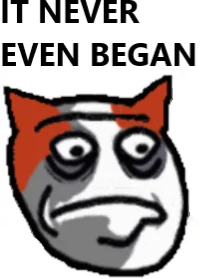
Spoiled douchbag boyfriend, meet spoiled douchebag dad
For example, ASP always had in mind that Rory's rich, spoiled boyfriend, Logan, would be "her Christopher," a dissolute playboy who toys with her heart, knocks her up, and ultimately abandons her - but during the final season without ASP, the writers moved away from that storyline: Logan becomes estranged from his wealthy family, he has to stand on his own two feet, he exhibits personal growth. By the end of the series, he's ready to commit; he doesn't abandon Rory, he wants to marry her, but she decides she's not ready to settle down so young. The original series ends with Rory Gilmore, a promising young journ*list heading off to Iowa to cover the long-shot presidential campaign of a promising young Senator named Barack Obama.
The seventh season is divisive among fans for a few reasons (the hasty resolution of many of ASP's S6 landmine plots, the dialogue feels kind of off, some new characters are sloppily introduced late in the game) but I think most people enjoyed seeing Logan grow up a bit and the way his relationship with Rory matured. Most people liked the ending, and thought it was fitting to have Rory choose herself and her career over a man. There's a little bit of added millennial nostalgia/wish-fulfillment and serendipity to see Rory climbing onto the Obama campaign bus when we know he's going to win that race. As viewers, we figure Rory is off to a great start with a bright future ahead of her covering a landmark campaign up close.
Go get 'em, Ace!
Then, eight years later, Netflix gave ASP an assload of money to make A Year in the Life and she used it to take a giant shit all over Season Seven. She basically returned to Stars Hollow with the intent to settle old scores and give Gilmore Girls the ending that she knew it had to have: even if it didn't make a darn lick of sense almost a decade later. She has claimed that she has never watched S7, that she doesn't even really consider it canon. She said she had an assistant watch it and take notes for her. In AYITL, she kept one baby born in S7, and threw out almost everything else, determined to tell her version of what season 7 should have been.
Netflix: Buying your childhood to wear as a four-piece skinsuit
Lorelai and Luke (her main love interest/will-they-won't-they) act like newlyweds wrestling with the decision about whether to have kids, even though they've been married for the better part of a decade and Lorelai is pushing 50. Rory is broke, directionless and struggling like a new college grad, not like a woman in her 30s with access to a multimillion dollar trust fund. Logan is instantly back to being a useless frickboi: engaged to a beautiful woman we never see, but carrying on an affair with Rory.
The only good storyline in AYITL centers on Emily coming to terms with the loss of her husband, Richard (Rory's grandfather) and that story was forced on ASP by the real-life death of the actor Edward Herrmann. She had to actually write a new, age-appropriate story for Emily instead of dusting off whatever she wanted to do for S7, and it's so much better for it.
Poor Ed's brain cancer is the real MVP of AYITL
There's a bunch of other minor shit that sucks in AYITL: fat-shaming that feels very early-2000s and out of step with modern culture, lazily retconning certain characters to be gay for added diversity, an unfunny retread of the "Ann? Her?" gag from Arrested Development. But the main reason A Year In The Life is terrible is that ASP was too stubborn to incorporate any of the stories that other writers had given to her characters, so instead of a thoughtful extrapolation of how these characters might have lived and grown or changed over almost ten years, she did S7: ASP's Version. It's 2016, not 2007, but no one has changed at all or learned anything in the meantime.
A Year in the Life ends with the famous "final four words" that ASP had always preordained, even if they no longer make any goddarn sense from a narrative perspective:
"Mom?"
"Yeah?"
"I'm pregnant."
Barely 32 years old and having a bastard with this dude! 
Thank you for coming to my TED talk, as a reward for your patience, enjoy this spot-on Mad TV parody:
- BazballShill : someone give this post the sharpen award
- 15
- 58
I got exhausted last time of chronicling the most controversial and dramatic films I could find in Southern African history, but I believe I can pick up where I left off with some remarkworthy drama inducing films throughout history.
As you guys can imagine, the lionshare of sneeeed films would be those banned by the Apartheid regime's all powerful censor board, which had a hand in preventing both black and white citizens from seeing anything the regime considered amoral - be that polluting modern society with degeneracy like race-mixing, showing communism in a positive light, or stating anything even even remotely critical of the regime. Even white filmmakers could be jailed for a decade and up, depending on whether the Censor Board wanted to make an example of them.
It's also ironic that the most controversial black-made films, those usually critical of the NP regime, would only be seen mostly outside the borders of the Union of SouTh Africa, in foreign liberal countries like America, where other liberals would shower them in awards, yet the average black person in SA itself would remain in total ignorance of the Film's existence.
1981 - FILMS BANNED BY THE SA CENSOR BOARD DURING THE VIDEO CASSETE ERA:
Known by burgers as the VHS (Video Home System), the VHS were analog video recording on tape cassettes invented in 1976 by the Jap company - Japan Victor Company. There were various video cassette products floating globally all over earth long prior to the 1980s, and from different nations who all were in a "format war" to design and engineer the superior Motion Picture recording devices.
The technology for magnetic tape video recording had existed in the global television industry since the 1950s, but these devices were expensive and specialized, and mostly used in professional environments. By the 1970s, magnetic videotape technology became affordable for home use and widespread adoption globally, but the market was distorted and diversified over many different models and products.
When the Japs arrived in the form of the Japan Victor Company, which had invented the VHS in 1976, they near instantly dominated the video cassette market. The VHS cassettes were cheap, reliable, easy to use and store, and thus VHS emerged as the dominant home video format throughout the tape media period.
Like most nations, South Africa suffered from the 5 year rule - in that it took about 5 years for the latest cutting edge innovative technology, which is commercially available in Burgerland public, to filter its way into SA public hands, as the devices became cheaper and more widespread. Even today in modern cellphone innovations, you can see the 5-year rule in action: BlackBerries, touchscreens, Smartphones, Androids, Iphones, all took about 5 years average for the "everyman" SA public to enjoy the same as their burger peers. So too was it with the VHS.
Released by 1976 in America, the VHS would later find its way in South Africa in 1981, and became instantly popular as format for storing film. The VHS would be primary storage for movies in South Africa for the next 25 years, until DVDs arrived.
Video cassette recorders caused a revolution in the industry, spurring on film rentals for home viewing, and giving birth to the retail industry. This was followed by the launch of the black television services TV2/3 by the SABC.
==============
IN CHRONOLOGICAL ORDER IN WHICH FAMOUS BANNED FILMS APPEARED HISTORICALLY:
http://blogs.uct.ac.za/memory/2019/05/unbanned-the-films-south-africans-were-not-allowed-to-see/
Saturday Night at the Palace (1982): "Based on the play by Paul Slabolepsky, it is about three characters that meet at a roadhouse one night (two are white, the other is black) and during the course of the film the bubbling pot of racial hatred explodes, leaving one character dead. The black waiter (September) who works there is shortly going on leave to visit his family whom he has not seen for two years because they are forced by apartheid to live in a homeland."
Place of Weeping (1986): "directed by Darrel Roodt and produced by Anant Singh became a landmark film both for the anti-apartheid movement, and for alternative cinema in South Africa. Singh personally financed the film, and it was the first anti-apartheid motion picture to be made entirely in South Africa. Receiving worldwide acclaim, it was released theatrically in the United States and most global territories. It was also the only South African film to play on US TV channel HBO (Home Box Office)"
Mapantsula (1988): "Mapantsula, a crime film that displays black South Africans’ struggle for freedom, directed by Oliver Schmitz and written by Schmitz and Thomas Mogotlane, was banned under the Apartheid regime. The film tells the story of petty-thief Johannes ‘Panic’ Themba Mzolo"
Biko : the Spirit Lives (1988) Biograhphy of Steve Biko, a rights activist as famous as Mandela in SA.
Any Child is My Child (1988): by Barry Feinberg "focuses its attention on the brutality and suffering experienced by black children at the hands of the security forces."
Have You Seen Drum Recently? (1989): "Have You Seen Drum Recently? uses photographs from the Drum magazine archives to document its contribution to the cultural and political life of South Africa. In the 1950s, articles covered the township jazz scene, crime and sport, and documented the hopes, aspirations and despair of the urban, educated black socialites."
Sarafina! (1992): "Sarafina! revolves around students involved in the Soweto Riots. The main character, Sarafina, has to deal with her humiliation that her mother completely accepts her role as a domestic servant in a white household in Apartheid South Africa, while at the same time inspiring her fellow students to rise up and revolt."
======
As you can see what these banned films all had in common was they were highly critical of the NP regime liberal films, and were all near instantly banned by the SA Censor Board, with any copies confiscated and destroyed.
I've never seen any of them, but I think you can go look for them on Youtube as they are virtually unknown. From colleagues they are not good at all, only historically significant because of their anti Union sentiments.
1984 to1985 - TAX CONCESSIONS AND B-SCHEME CORRUPTION IN SOUTH AFRICAN FILMS:
By 1984 Tax concessions for the export of films were introduced. The more spent on export, the greater the amount written off against tax. This motivated SA filmmakers to try an cater to foreign audiences, as by this time anti Union of South Africa sanctions were beginning to go in full swing, and the government had to find schemes to make money from all sorts of abnormal ways.
Additionally by 1985, the South African Censor Board had also began to relax some of its restrictions against showing films for black and coloured peeps in the country. Films of course could absolutely not show anti-government sentiment, but the production of "black feature films" (made by white producers with black actors for black audiences) reached an all time high.
https://www.tandfonline.com/doi/abs/10.1080/13696810903488629
Remarkably the government even went so far as to pay out a government subsidy of maximum R80 000.00, based on the number of tickets sold for 18 cents or less.
"Construction boss Tonie van der Merwe, who had provided special effects for filmmakers Louis and Elmo de Witt, spotted an untapped market, having seen the enjoyment by his black employees of the American action flicks at Saturday night screenings. He lobbied the government to set up a subsidy for the production of films for the African market. Together with Steve Hand, a teacher, he established Tugela Films in 1975. In 1981, A-Scheme films for white audiences could earn up to R1.2 million in funding, while the limit for a B-Scheme film was R80 000 and subsidies were only paid out retrospectively based on ticket sales. Van der Merwe produced some 400 titles under the scheme, including the Zulu language film Umbango (The Feud) in 1986."
"To qualify for the subsidy, 75 percent of the dialogue had to be in an indigenous African language and 75 percent of the cast had to be Black. Approval of scripts was not required but the Censor Board had the final say."
Many of these B-movie films were not films at all, but bits of footage slapped together to benefit from the subsidy. There were many subsidy scandals involving cheap and conniving individuals and companies who produced 'visual diarrhea' in order to benefit financially from the government scheme. They would literally edit junk footage together in minimal effort, so in order to create the illusion of a film, and basically pocket the R80 000 gov grant after a sometimes quite literal shoestring budget just to offset any suspicions.
"Approval of scripts was not required but the Censor Board had the final say. For the predominantly inexperienced white male producers it was simply a business, so artistic merit was not a priority. Film quality suffered from poor lighting, sound and editing, minimal costume changes and recycled and excessive action scenes. Genres covered action, adventure, martial arts, cowboy, comedy, drama and the conflict between traditional and modern life but, in the end, good always triumphed over evil, and the moral of the story was that crime did not pay. In this way, apartheid ideology was promoted in the guise of entertainment; films could cover different forms of indigenous culture and traditions (often done in an offensive manner) but never address political, economic and social issues."
The SA Censor Board only ever viewed films from the eye of of a  , so they never made any effort to judge the quality of film, any only screened these low budget shit spawn by these frauds for any pro-communist sentiment, or anti-apartheid messages. They had little interest to screen for quality.
, so they never made any effort to judge the quality of film, any only screened these low budget shit spawn by these frauds for any pro-communist sentiment, or anti-apartheid messages. They had little interest to screen for quality.
By 1989, after years of sludge films had been aired in Black theatres, and after coloureds and blacks complained to the government, the SA Censor Board took action to investigate the quality and nature of these 'visual diarrhea' films, which were often just junk footage of black SA peeps spliced together.
http://www.movingimagearchivenews.org/a-scheme-that-made-film-flourish-amidst-apartheid/
https://openjournals.uwaterloo.ca/index.php/kinema/article/download/779/648?inline=1
https://www.jstor.org/stable/40647601
===(from article)
"The way the scheme ended also has contributed. The scheme fell into disrepute due to corruption in its administration and operation. With little government oversight, and few formal cinemas, some of the recipients of B-Scheme funding inflated or simply made up attendance figures, on which funding levels were based."
“It was widely abused,” says Cowley. “Some distributors, not so much producers, would play with the numbers: They would say 1,000 people came to watch the film at this or that location, and when the investigators went there, there wasn’t even a cinema or building there.”
"Some filmmakers recycled films under different titles and claimed separate subsidies for those. In 1989, the Department of Home Affairs took over the reins of the program, stumbled on the fraud, and launched a major investigation. It could not — or did not — prosecute any film-maker or production company, nor recoup any falsely claimed monies. But, says Cowley, “going through that experience left a bitter taste.”
===(end of article)
Even though the Department of Home Affairs investigation didn't end these fraudulent junk films from being created, the black masses had reached an awareness of the sludge films being aired in Blacks only theatres. Word of mouth would travel between black people, between townships, and from the critiques written by black journ*lists in black-specific newspapers, on which of these B-Scheme films were junk, and which were good.
Soon only the "high-effort" films were even being viewed by black audiences, and the junk films could not even reach minimal numbers of audience retention, to qualify for the goverment grants. One of the most well like of these B-Scheme films were from Tonie Van Der Merwe, who in the very least gave substantially more effort in his production and direction than his fraudulent peers.
Anyways that's all I have for now, I think making smaller Longposts in 15 000 character size is the best digestible for short-attention span dramatards 














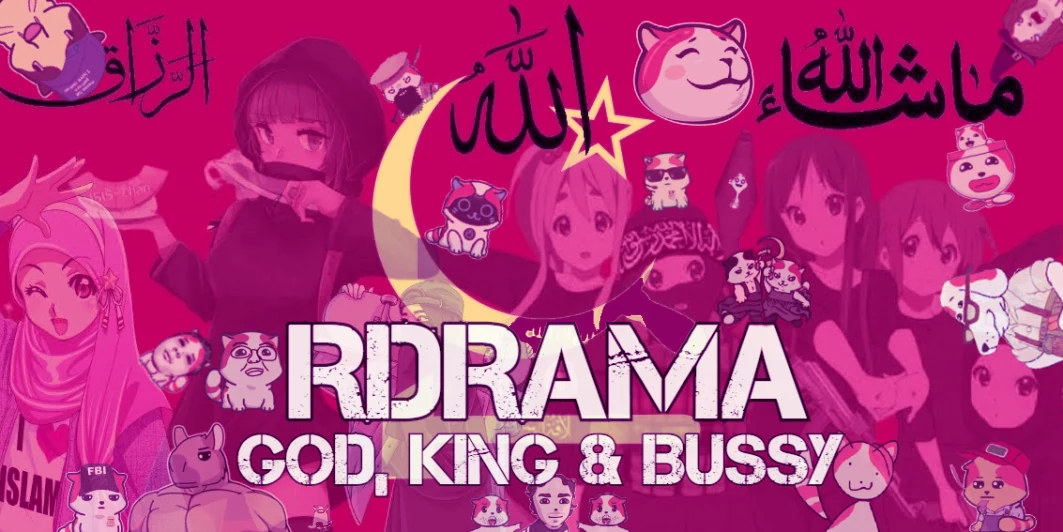





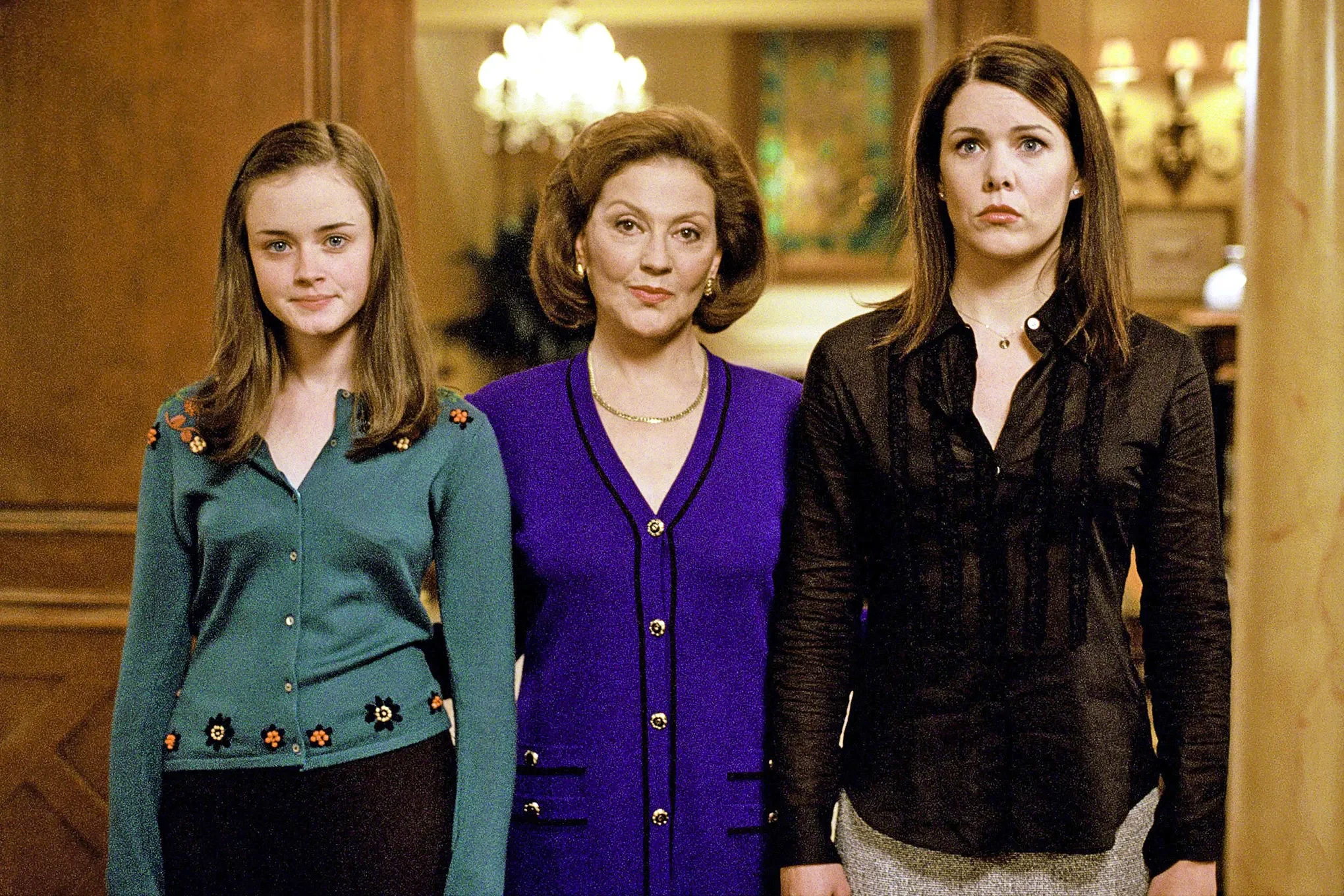
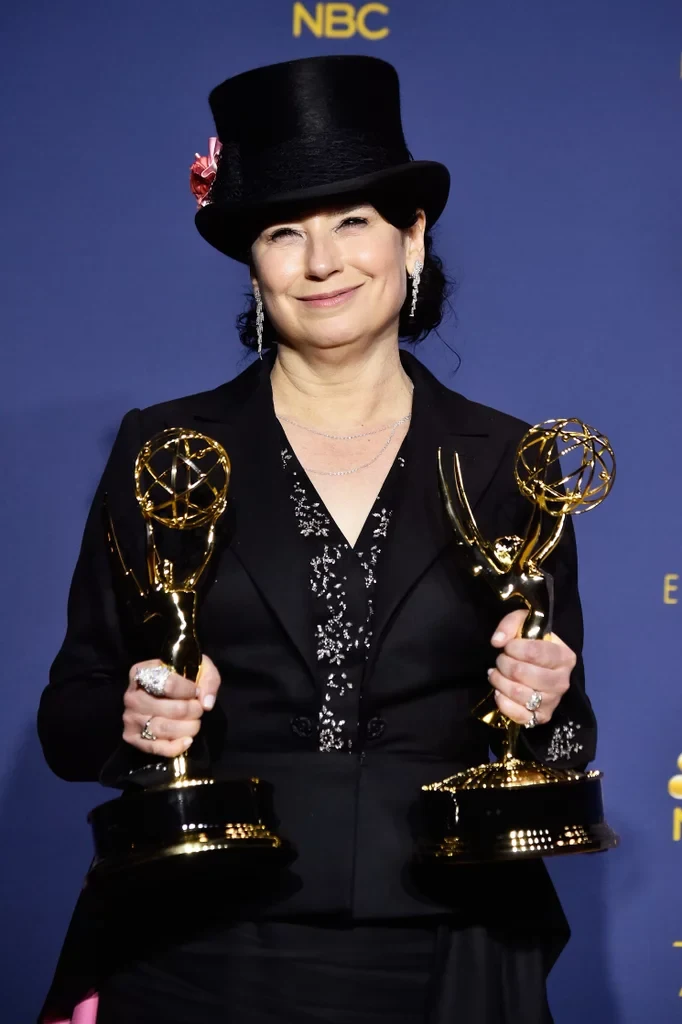
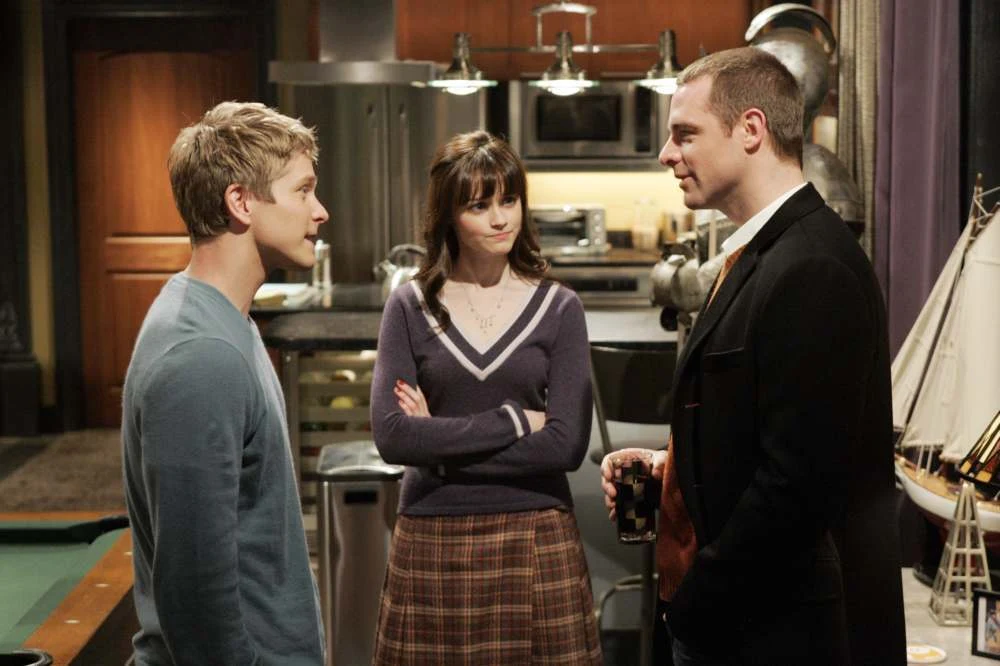
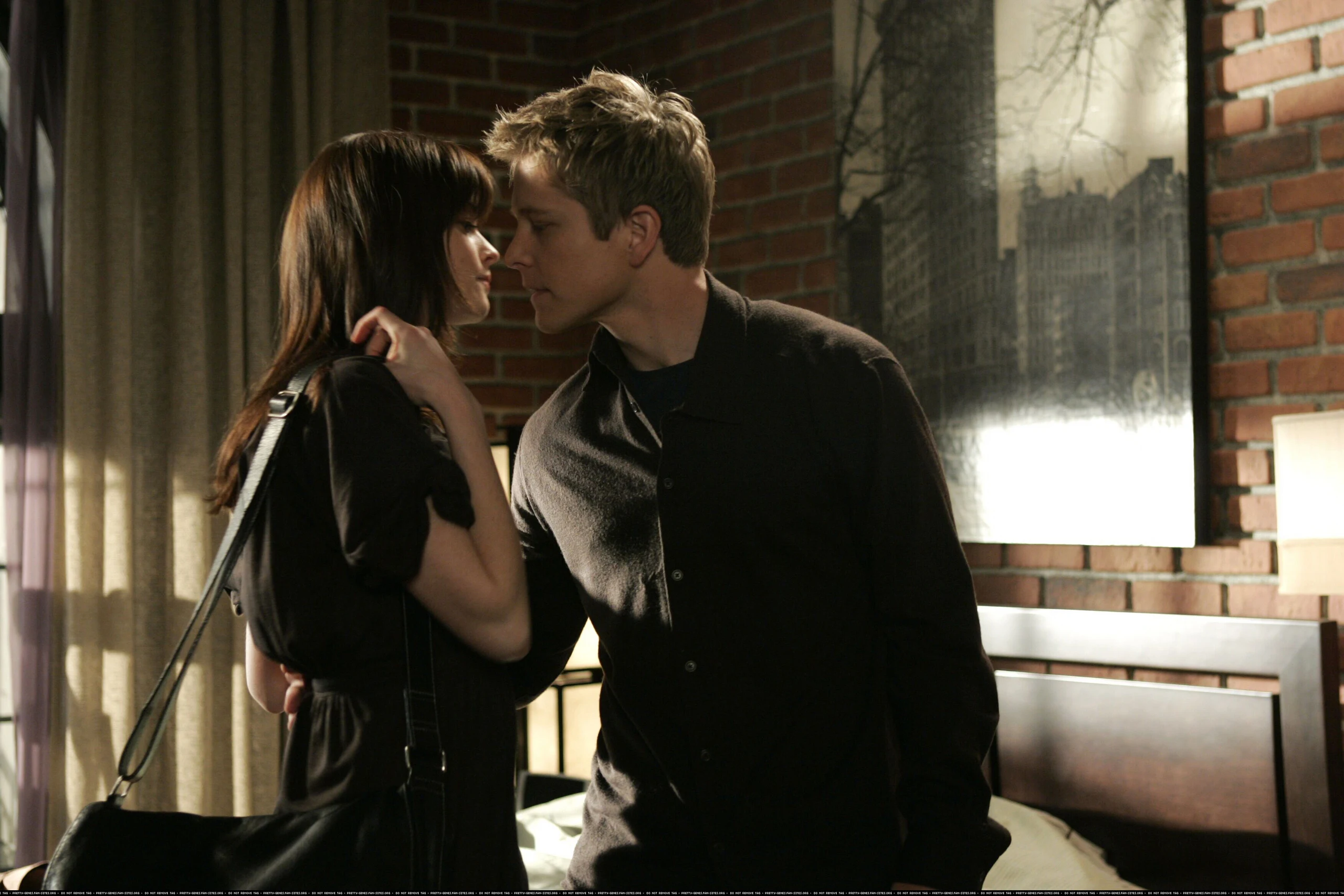
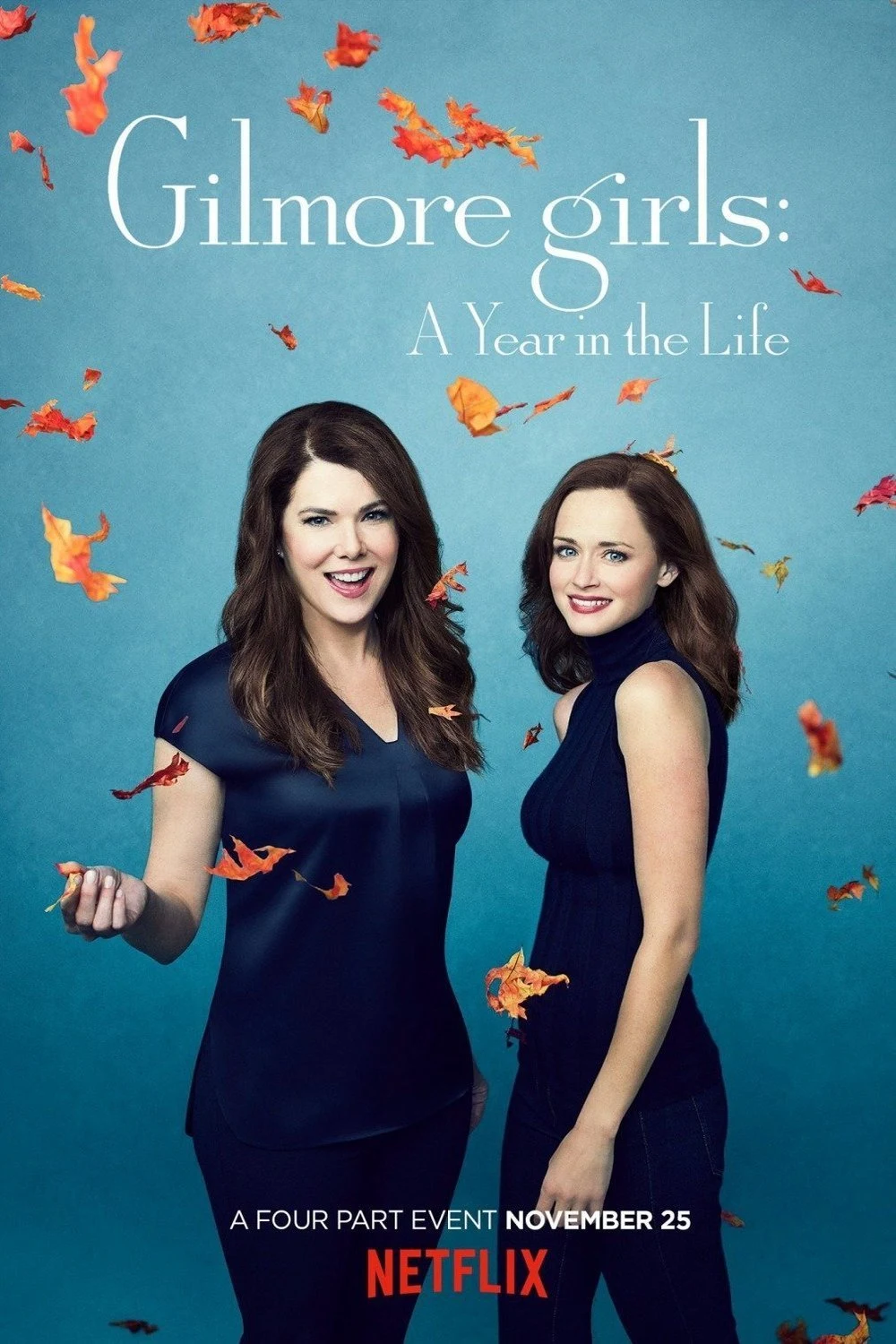
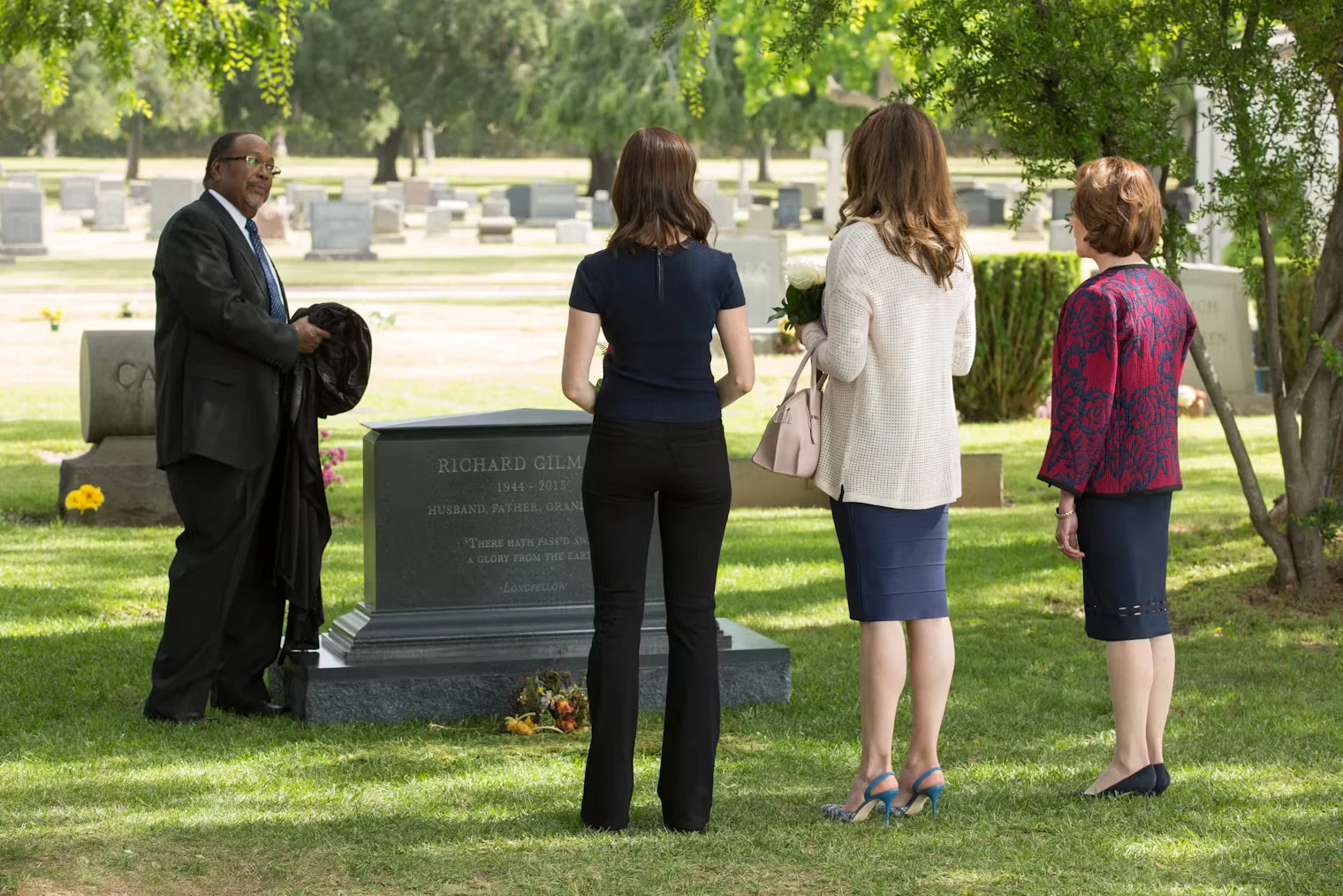
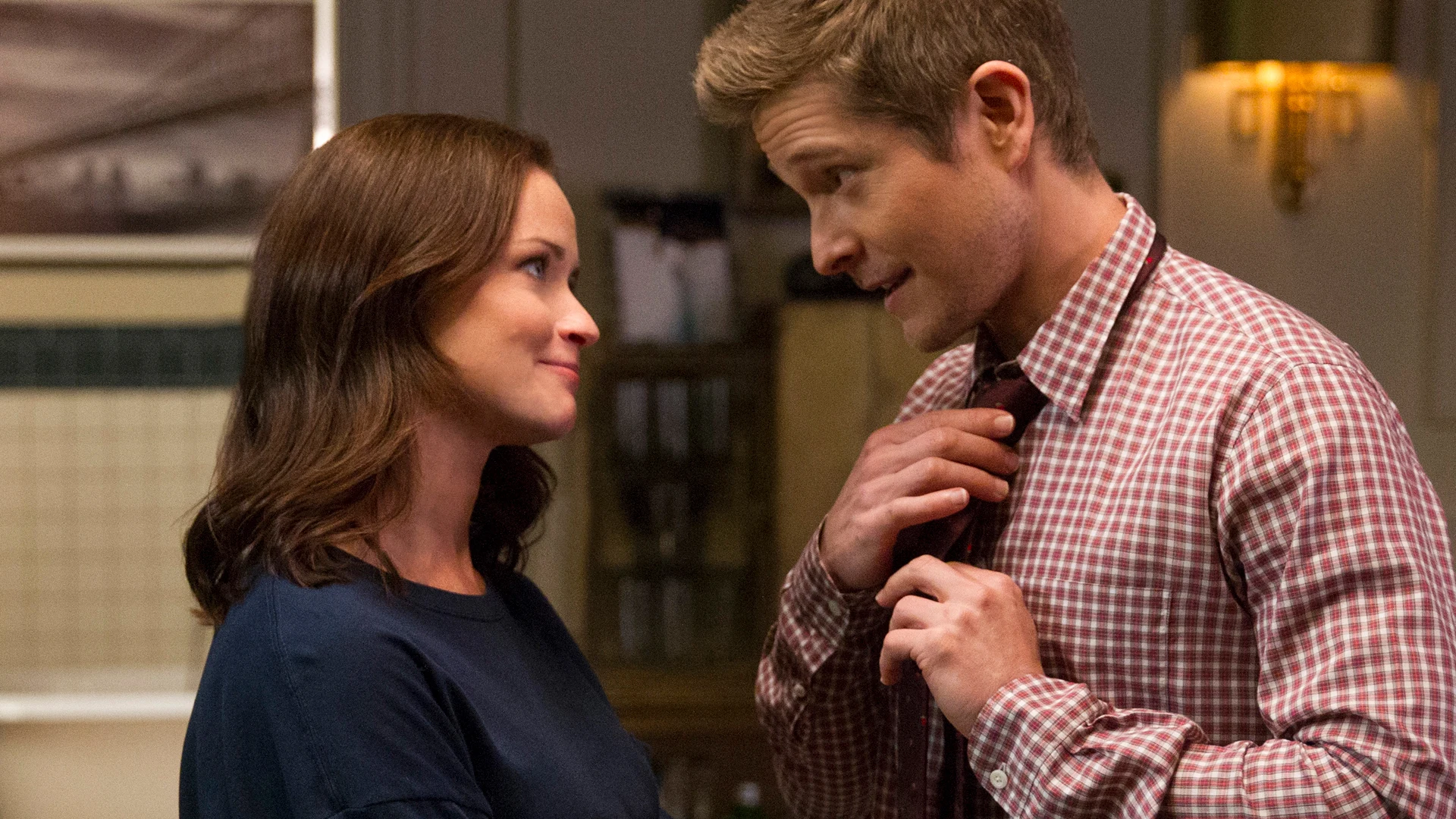



 cute twink
cute twink
 A short History of Banned and/or Controversial Films in South Africa
A short History of Banned and/or Controversial Films in South Africa 